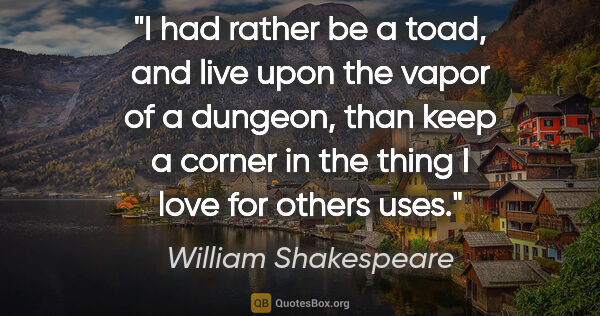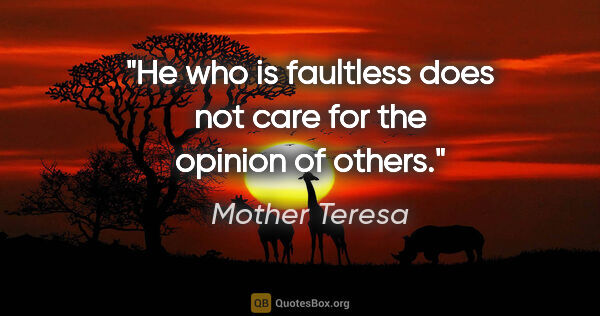Otherness Quotes (page 118)
My philosophy is fundamentally sad, but I’m not a sad man, and I don’t believe I sadden anyone else. In other words, the fact that I don’t put my philosophy into practice saves me from its evil spell, or, rather, my faith in the human race is stronger then my intellectual analysis of it; there lies the fountain of youth in which my heart is continually bathing.
Antonio Machado
Curiosity and irreverence go together. Curiosity cannot exist without the other. Curiosity asks, "Is this true?" "Just because this has always been the way, is the best or right way of life, the best or right religion, political or economic value, morality?" To the questioner, nothing is sacred. He detests dogma, defies any finite definition of morality, rebels against any repression of a free, open search of ideas no matter where they may lead. He is challenging, insulting, agitating,...
Saul Alinsky
Nothing but Christianity will give you the victory. Until a man believes in his heart that Jesus Christ is his Lord and Master... his course through life will be neither safe nor pleasant. My only regret is that I was so long blinded by my pleasures, my vices and pursuits, and the examples of others that I was kept fr...om seeing, admiring, and adoring the marvelous light of the gospel.
Francis Scott Key
When they asked some old Roman philosopher or other how he wanted to die, he said he would open his veins in a warm bath. I thought it would be easy, lying in the tup and seeing the redness flower from my wrists, flush after flush through the clear water, till I sank into sleep under a surface gaudy as poppies.
Sylvia Plath

He'd discovered that his memories of that summer were like bad movie montages - young lovers tossing a Frisbee in the park, sharing a melting ice-cream cone, bicycling along the river, laughing, talking, kissing, a sappy score drowning out the dialogue because the screenwriter had no idea what these two people might say to each other.
Richard Russo
An anxiety with no object or purpose in the present, and in the future nothing but endless sacrifice, by means of which he would attain nothing - that was what his days on earth held in store for him... What good was life to him? What prospects did he have? What did he have to strive for? Was he to live merely in order to exist? But a thousand times before he had been ready to give up his existence for an idea, for a hope, even for an imagining. Existence on its own had never been enough for...
Fyodor Dostoevsky
But because of his telling, many who did not believe have come to believe, and some who did not care have come to care. He tells the story, out of infinite pain, partly to honor the dead, but also to warn the living - to warn the living that it could happen again and that it must never happen again. Better than one heart be broken a thousand times in the retelling, he has decided, if it means that a thousand other hearts need not be broken at all. (vi)
Elie Wiesel


